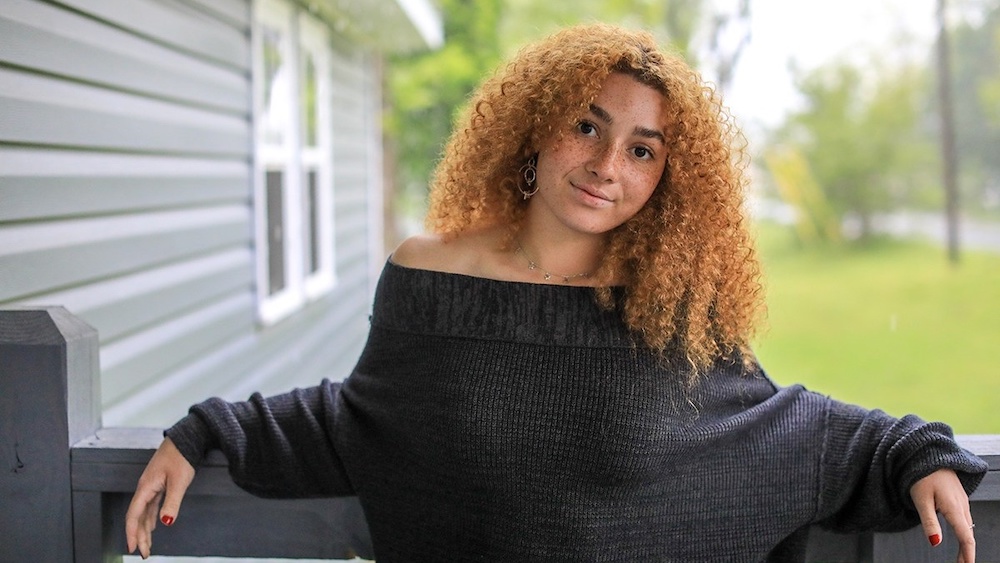If you’re interested in sharing your opinion on any cultural, political or personal topic, create an account here and check out our how-to post to learn more.
____
America.
A country founded on hope, individualism and freedom. A country centered on the ideals of life, liberty and the pursuit of happiness. A country forged from an ongoing war for liberty and autonomy for nearly 250 years.
This is our America.
But how do we finally bring an end to this war?
First, we must understand its roots. The Revolutionary War began as a result of Britain’s negligence and manipulation of the colonists. However, the American Revolution failed to reconcile the negligence and manipulation that Americans placed on their fellow inhabitants: minorities.
It wasn’t until 1865 — 89 years after the founding of America — that slavery was abolished, admitting Black people were humans. It wasn’t until 1920 — 144 years after the founding of America — that women earned the right to vote, acknowledging the voices of an entire gender. It wasn’t until 1924 — 148 years after the founding of America — that Native Americans were considered citizens, recognizing the rights of those who were here first.
So I ask again, how do we end the war on liberty?
Without a broad and accurate grasp on the origin of today’s issues, we cannot appropriately resolve them, much less build a stronger America for all. That’s why prioritizing education inside and outside the classroom is the first step in creating a better America.
As a high school student, the best way I felt I could contribute to the expansion of the education system was by founding an after-school Diversity Club. In this club, my peers and I educated ourselves on topics deemed taboo for classroom and social settings. Our discussions covered topics such as race, differently-abled citizens and socio-economic privilege, and each took place in an open-minded and positive atmosphere where students were not only encouraged to share their own perspectives, but to listen as well.
However, a larger emphasis on education is not the only solution to erect a more unified nation. The next step in achieving a truly free America is bringing the uncomfortable conversations — such as the lack of equal opportunities and unjust treatment minorities face — into our everyday lives. Because at the end of the day, refusing to acknowledge a problem does not vanquish it. These problems continue to grow and manifest in the form of social unrest.
Luckily, solving the social issues our country faces is a significantly more attainable goal than it was in previous years. Why? Because today we possess the power of global connectivity at our fingertips. Posting selfies and vacation pictures online takes a matter of seconds, amassing attention in a matter of minutes. Through social media, we can strike up conversations, spread awareness and even organize peaceful protests with just a few clicks.
That’s why I shared my wish for the future of the country on the digital platform My Wish For U.S. There, I can explore the wishes of other Americans of every age, gender and region, and learn how their wishes overlap and diverge with my own.
When enough voices speak out, even a whisper can be amplified to a yell.
America: Land of the free with liberty and justice for all.
Now, let’s make that a reality.
____
Justice Brown is the founder and president of the Oneonta High School Diversity Club, a BCRI Youth Legacy Leadership alumna, and an incoming freshman at Yale University.
